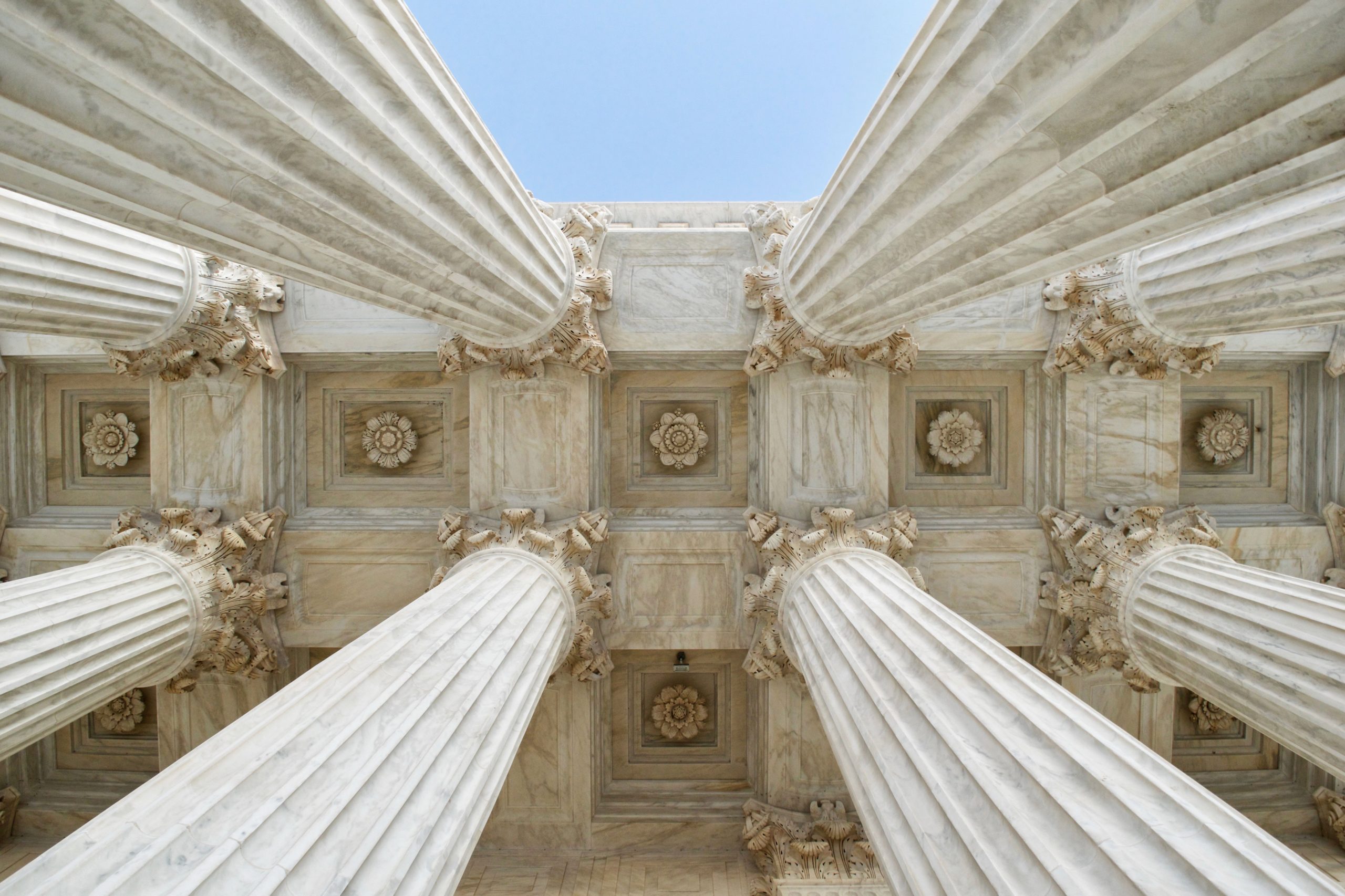Post by Alexa Macumber
– – –

My name is Alexa Macumber and this semester I have the privilege of working for the National Center on Sexual Exploitation (NCOSE).
NCOSE is one of the leading organizations exposing all forms of sexual abuse and exploitation, particularly focused on the intersection of sexual abuse issues and technology.
One of the laws NCOSE challenges is Section 230 of the Communications Decency Act. Congress passed the CDA in 1996 with the intent of protecting children from Internet pornography. Much of this law was later overturned by the Supreme Court, but Section 230 still stands. It gives civil immunity to interactive computer service providers who publish information posted by others.
– – –
Although there are some benefits to Section 230, internet service providers have started to take advantage of its broad-sweeping protections. For instance, in a series of cases favoring Backpage.com, the courts interpreted Section 230 to give websites posting third-party content immunity.
This applied to criminal activity facilitated via their sites and denied victims of sex trafficking the right to sue the companies that facilitated and profited from their exploitation. Despite investigations by the U.S. Congress and several court cases, websites like Backpage.com continued to get away with their role in facilitating sex trafficking.
In the recent case, Malwarebytes v. Enigma, although the Supreme Court denied certiorari, Justice Thomas wrote, “Courts have long emphasized non-textual arguments when interpreting §230, leaving questionable precedent in their wake . . . I write to explain why, in an appropriate case, we should consider whether the text of this increasingly important statute aligns with the current state of immunity enjoyed by Internet platforms.”
141 S. Ct. 13, 14 (2020).
While NCOSE is waiting for that “appropriate case” to bring before the Supreme Court, in the meantime, I am researching how the current makeup of the Court and how each justice would be likely to rule if such a case ever came before them.
– – –

To figure out how each would rule, I am exploring different ways the statute could be considered unconstitutional.
Section 230 could be unconstitutional under the Commerce Clause, under the Equal Protection Clause, or under the Tenth Amendment. My job is to research how each Justice has ruled on those three issues in the past to predict how they might apply those rulings to a case about Section 230.
– – –
This is a complex legal issue. Though its easy for many to see the harms and problems with internet trafficking, some are worried that cracking down on internet providers will cause wide-spread censorship of free speech, changing the internet as we know it forever.
During this research process, the Lord has taught me to approach this topic with open eyes and receptive ears. Only by the power of prayer will NCOSE’s goals be realized, and I am beyond grateful to be a part of the process.
This post was written by a Center for Global Justice Intern. The views expressed in this post do not necessarily reflect those of Regent University, Regent Law School, or the Center for Global Justice.

